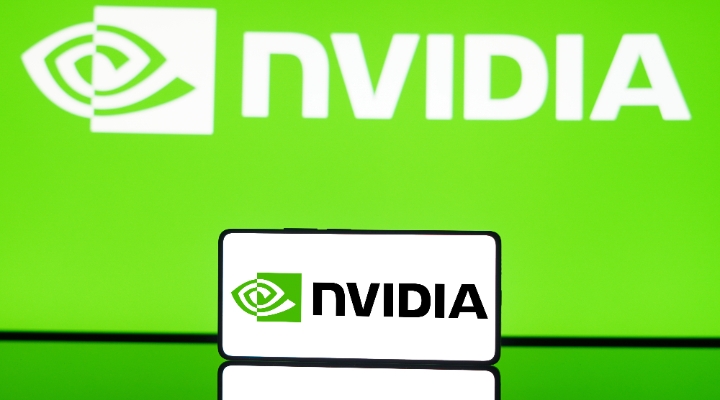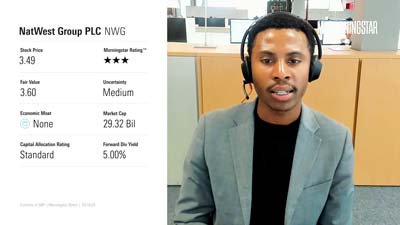
The UK is not immune from US equity drama and the possibility of a wider downturn.
US markets have been rattled once more in a widespread sell-off led by big tech stocks, including Nvidia (NVDA), whose market capitalization has fallen over $250 billion (£189.78 billion) in a matter of hours.
Yesterday's first trading session after the US Labor Day holiday ended any hangover from the festivities after the Institute for Supply Management produced slightly weaker-than-expected US manufacturing numbers, triggering a tech-led downturn.
Shares in semiconductor giant Nvidia took a heavy hit, falling 12%, and are down nearly 17% since last Wednesday. The company is also reeling from an anti-trust probe launched by the US Department of Justice.
Despite the storm, UK equities fared better. Over the one month to September 5 2024, the Morningstar UK Index outpaced the Morningstar US Index, returning 1.92% versus the US index's 0.62%.
Will US Market Turbulance Benefit UK Markets?
Morningstar European equity strategist Michael Field says this week's US pain is "[a] kind of PTSD" from last month's worldwide selloff, which also put panic into equity markets. Last month, US and Japanese stocks were at the centre of the chaos, ending bullish optimism about the onward march of US technology stocks.
"Nvidia had a 12% loss the other day, the largest market cap loss of any stock ever in history, which is a crazy stat to read," he says.
"But if you look at the overall indexes so far, the UK has fared slightly better than the others. The reason is the UK is not as pumped full of growth stocks as the US.
"This whole fear of a slowdown in growth would hit the growthy names and the names on much higher price-to-earnings, for which there is so much more optimism baked in."
The UK stock market is often criticised for its heavy tilt towards "old economy" stocks, including banks, mining firms and oil companies. But that can also provide a hedge against other headwinds.
Nevertheless, Field isn't convinced UK equities are completely shielded from a more sustained downturn.
"My fear is that, if we go into something of a downturn now, then everything is going to get hit to some degree. Is the UK a safer place to be? Possibly. Is it a safe place to be? Probably not," he says.
No Risk, No Reward
Although the UK benefits from its industrials-heavy market composition in the short term, UK equities are deeply undervalued when compared with their US counterparts, Morningstar data shows. In Field's view, the long-term health of the London Stock Exchange would really benefit from an accommodating environment for dynamic, innovative, and growing companies to list their shares.
"If we place the FTSE 100's performance on top of the S&P 500's, it's not ramped up to the same degree, but we are close to all-time-highs again on the FTSE 100. It looks great and sounds great, but on a valuation basis, it's not as highly valued as it could be."
"We also know that companies in the FTSE have limited lifespans as well," he continues.
"So you need to have some sort of replacement cycle where new companies come in and take the mantle from these old companies.
"An environment where stock markets are going through shocks as we have seen in the last week means it's nicer to be on the safer side. But at the same time, if there is no risk there is no reward."
By way of example of the dearth of risk taking, the London Stock Exchange lost Arm Holdings (ARM) to the Nasdaq last year, robbing London of a £40.86 billion trading event.
Betting firm Flutter (FLUT) also ditched its primary London listing in favor of New York this year, while cyber security giant Darktrace, which floated in London 2021, also accepted a US private equity bid, taking it off of the LSE's books.
































